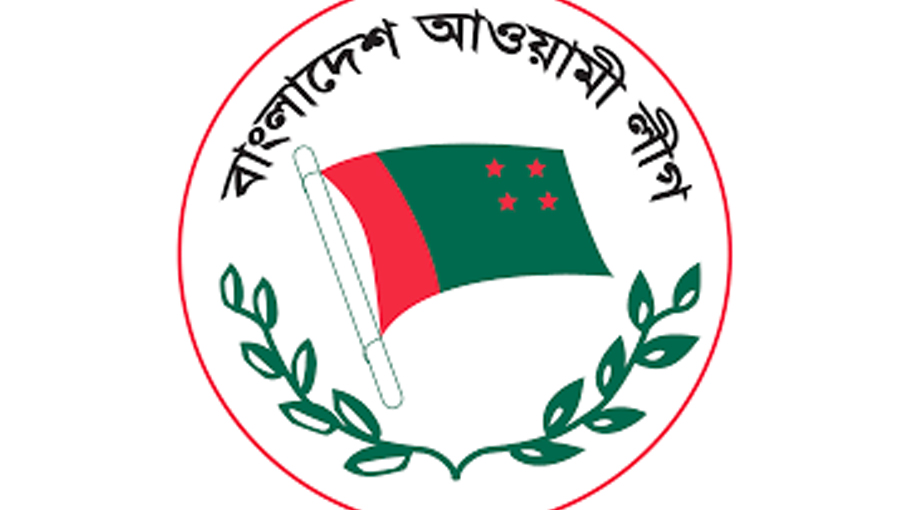Graft eats up Tk 51,000cr in 14yrs

Nearly 23 to 40 per cent of the fund spent on road and highway related projects and construction work has been lost to corruption in the last 14 fiscal years during the tenure of the Awami League government.
The financial value lost from these projects under the Roads and Highways Department (RHD) is from Tk. 29,230 crore to Tk. 50,835 crore.
A tripartite understanding between politicians, bureaucrats, and contractors took control of policymaking, government procurement and the project implementation process, leading to this corruption.
A study of Transparency International Bangladesh (TIB) revealed the findings which were presented at a press conference at TIB’s office at Dhanmondi in the capital on Wednesday.
TIB Executive Director Dr Iftekharuzzaman was present at the press conference. However, the study was conducted by Md Mostafa Kamal and Md Zulkarnain.
The TIB report said that more irregularities and corruption were found in project implementation. Hiring licenses of the established contractors, buying work orders from the contractors who got them, taking sub-contracts illegally, mutual understanding with competitor contractors or political extortion caused corruption equivalent to 2 to 6 per cent of the total values of work orders.
At least 11 to 14 percent of the amount was paid as bribes for construction work orders and contractors’ bills.
The embezzled money was shared between contractors, ministers, parliamentarians, and higher officials, the report said. Contractors used low-quality materials or less than the required quantity of materials in construction; related project directors and engineers paved the way for this corruption. Stone density was low, low-quality bitumen was used or even no bitumen used. In some cases, tree plantation, road safety sign nstallation, earthwork, and surfacing-work were not done despite allocations for them.
According to the report, the government allocated Tk 1.69 trillion for the roads and bridges sector from the 2009-2010 fiscal year to 2022-2023 fiscal year. TIB estimates that 23 to 40 percent was lost to corruption, about Tk. 292.3 billion to 508.35 billion.
Dr Iftekharuzzman said, “The corruption existing from top to bottom took on an institutional form. At least 40-43 percent of funds in the Roads and Highways Department are embezzled as bribes. If we can’t destroy the tripartite syndicate, no anti-corruption efforts will be successful.”
He also said that TIB was not given information about different projects of the Roads and Highways Department when they sought it. “We hope the authorities concerned will publish the information which is not classified. However, the reality is that only some individuals were removed without any change in the organisational culture. Hence, we don’t hope for any change overnight,” he said.
The study was conducted on projects that were locally funded, the TIB executive director said, “However, corruption existed in the foreign-funded projects as well. In those cases, foreign bureaucracy was linked with the local one.”
The researchers said the study focused on projects that ended in the period from the 2017-2018 fiscal year to the 2021-2022 fiscal year. The projects started their implementation from 2010-11 to 2018-2019.
The study observed road construction and development, bridge construction and repair (bridges less than 1,500 metres long), and other infrastructural construction projects. Information was collected from the areas in 21 divisional offices in 13 circles under 10 zones of the Roads and Highways Department.
TIB said the project implementation officers and contractors were directly favoured by the ruling party and were never made accountable for low-quality work or slow implementation.
Citing the EGP, TIB said that 35 contractor firms were banned for different terms over forgery in getting contractor orders in the Roads and Highways Department from January to August in 2024.
However, the High Court issued stay orders over the banning of 26 firms. Also, contractor firms were banned but government officers involved in corruption never faced any punishment. As some contractors had strong links with the high-ups in the government, the RHD officers could not take any steps against them.
The study report said that 38.8 percent of projects that ended in the last five years were completed in four to five years. At least 13.7 percent of projects during that time took more than five years to complete. One project took the longest time to be completed - 17 years.




